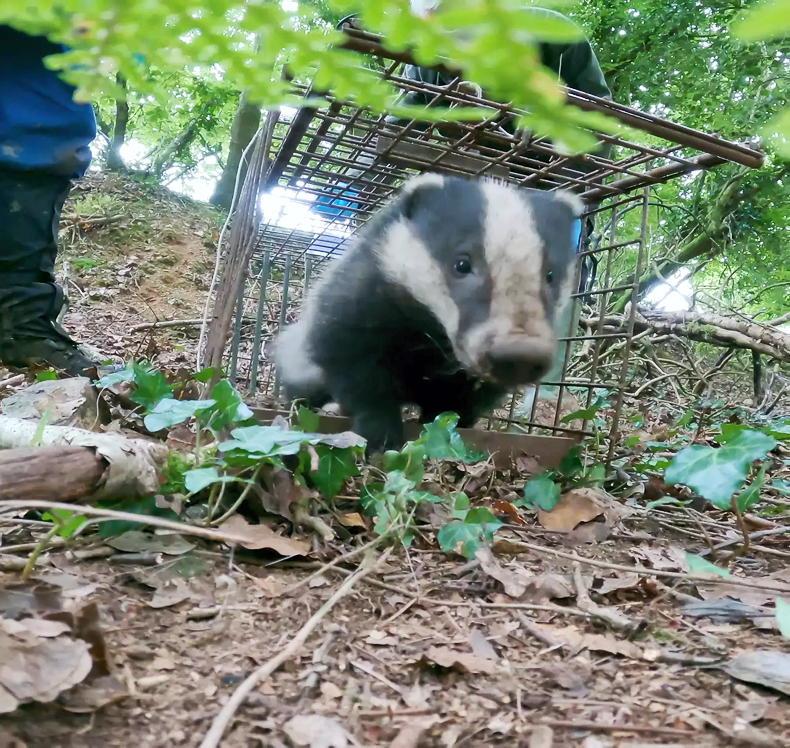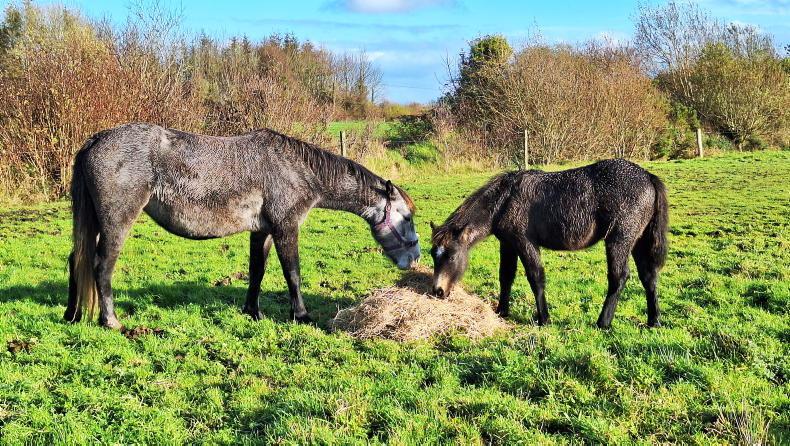New measures aimed at eliminating bovine TB by 2030 are being considered by Minister for Agriculture Michael Creed after he received the report of the TB Stakeholder Forum.
Key points are focused on the 1,700 or so cattle herds which are under TB restriction at any one time, and in particular the 300-500 herds which have repeat breakdowns.
These so-called “enhanced support herds” should get a tailored TB management plan drawn up by a vet familiar with the herd and locality, the report says.
The farmer would be incentivised to follow the recommendations and the plan would be revised annually. Where a plan is followed but breakdowns persist, depopulation should be considered. There is no indication as to who would pay for plans.
Cattle from such herds would have to be 60-day tested before being sold. The Department of Agriculture would pay for testing up to four times per year, but the herdowner would pay thereafter. In the event of a breakdown, a herd would be subject to additional testing.
Enhanced support herds would be classified by the number of breakdowns, reactor numbers and breakdown length.
The report also deals with categorisation of all other cattle herds on TB risk – a move resisted by most of the farm organisations.
The Department already categorises all cattle herds on TB risk and plans to update the system. Its preferred option would indicate how many years a herd is clear of restriction. For example, a C3 herd would be clear for the previous three years. However, the forum did not agree if such information should be made public, possibly influencing cattle sales.









SHARING OPTIONS